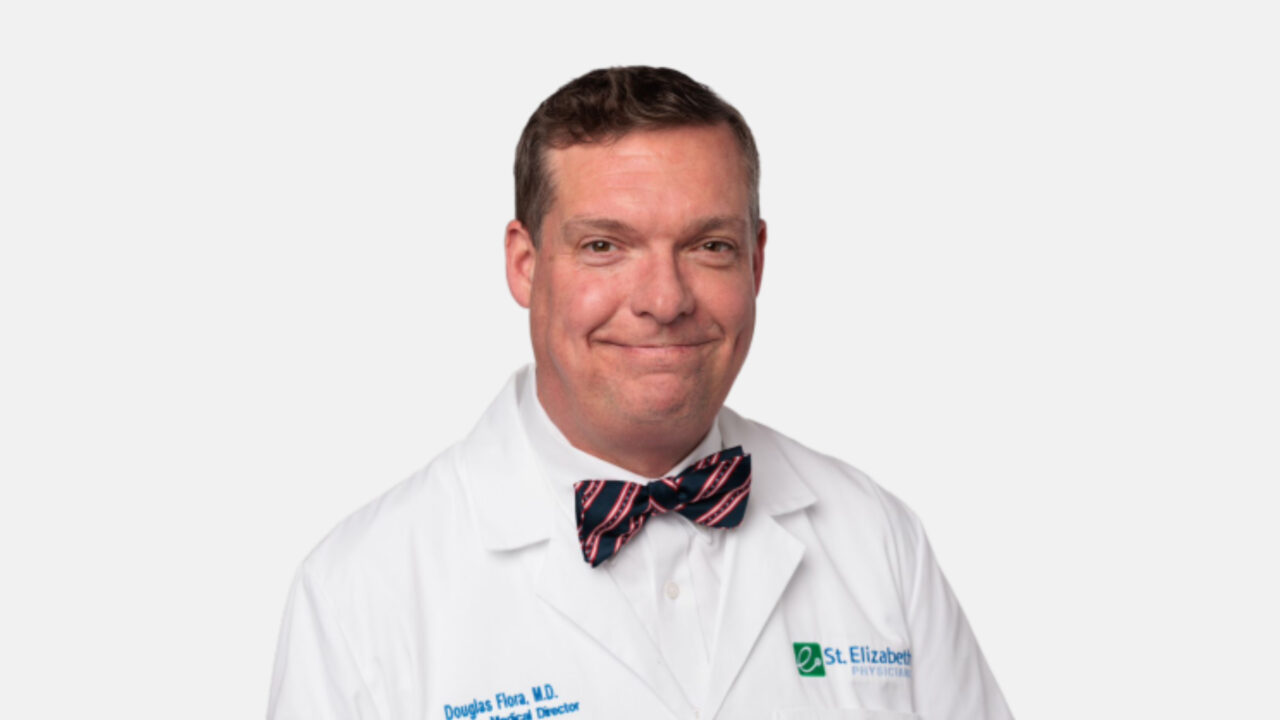
Douglas Flora: AI’s True Calling – Rehumanizing Healthcare, One Admin Task at a Time
Douglas Flora, Executive Medical Director of Oncology Services at St. Elizabeth Healthcare and President-Elect of the Association of Cancer Care Centers, shared a post on LinkedIn:
“AI’s True Calling: Rehumanizing Healthcare, One Admin Task at a Time
“Efficiency is doing things right; effectiveness is doing the right things.” — Peter Drucker
While AI’s breakthroughs in cancer detection and drug discovery grab headlines, its most profound impact by 2026 might lie in reducing healthcare’s administrative burden, boosting quality, and finding efficiencies. As oncology programs and practices face falling reimbursements and rising costs, AI offers a crucial path to a more humane clinical encounter.
AI’s role in administrative and operational oncology may lack the drama of a new drug, but its influence on daily cancer care—and on the well-being, satisfaction, and human experience of both patients and clinicians—is fundamental. It’s an immediately tangible benefit for the urgent reboot cancer care needs.
These AI-driven efficiencies are the unseen gears making cancer care run more smoothly, economically, and humanely. By automating repetitive tasks, streamlining convoluted processes, and optimizing precious resources—especially clinician time, cognitive energy, and empathy—AI can strip away administrative encumbrances. This frees clinicians to focus on their core purpose and the profound human connection that defines their work.
This unburdening isn’t just about efficiency; it’s a vital means to a greater end: creating a healthcare environment where care teams are empowered to dedicate their full attention, intellect, empathy, and compassion to patients and families. As administrative noise quiets, the stage is set for deeper engagement—both with patients and with sophisticated AI clinical applications that enhance diagnostics, refine therapies, and personalize patient journeys. The relentless demands of documentation, electronic health record checkboxes, and synthesizing vast data under pressure can leave professionals feeling like data processors, not healers. Days blur into screens and alerts, limiting their ability to truly “be with” patients in vulnerable moments.
But what if AI, by systematically handling operational loads, could restore medicine’s very essence? What if it acts not as an autonomous pilot, but a tirelessly intelligent, deeply supportive “co-pilot” in cancer care? Having seen how AI can clear the decks, freeing time and clinical focus, we now turn to this pivotal question—how we practice medicine with intelligent machines.
The path ahead isn’t just technological; it’s about reclaiming medicine’s human purpose. By leveraging AI for the mundane, we unleash extraordinary human connection, empathy, and intellectual engagement—the true definition of healing.
This isn’t about spreadsheets; it’s about countless moments of compassionate care, deeper understanding between patient and provider, and a medical profession liberated to focus on what truly matters: healing people, human to human. This is AI’s most powerful promise, a future we must proactively build, together.”
More posts featuring Douglas Flora.
-
Challenging the Status Quo in Colorectal Cancer 2024
December 6-8, 2024
-
ESMO 2024 Congress
September 13-17, 2024
-
ASCO Annual Meeting
May 30 - June 4, 2024
-
Yvonne Award 2024
May 31, 2024
-
OncoThon 2024, Online
Feb. 15, 2024
-
Global Summit on War & Cancer 2023, Online
Dec. 14-16, 2023
